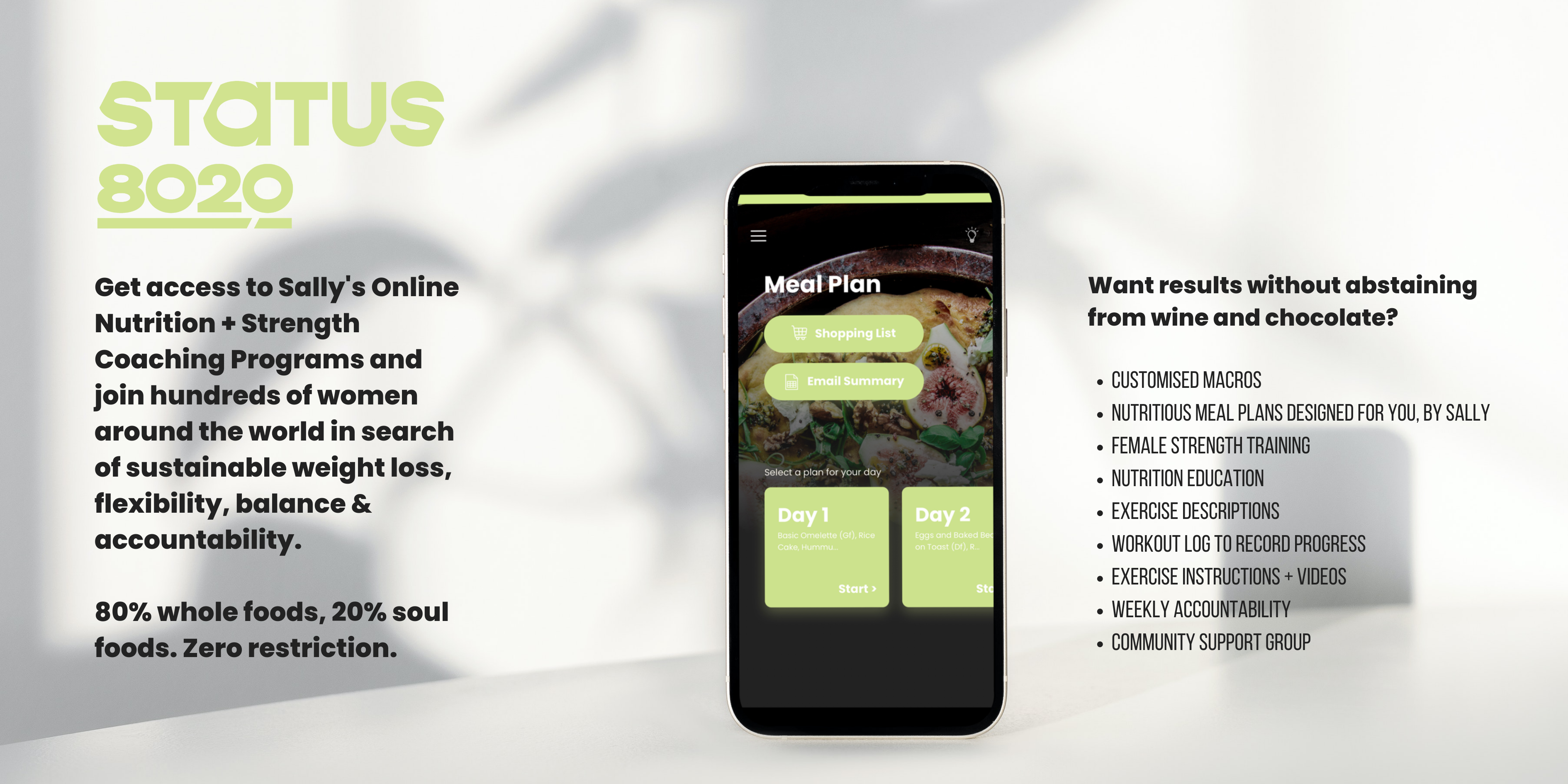Do you want a diet that promises energy, clarity, mental focus? Welcome to the Ketogenic diet (Keto, if you're Gen Y). The Keto approach has been gaining great momentum over the last 6 months, with people reporting reduced cravings, less snacking, and weight loss. What started out as a diet to help control seizures in epileptic patients, is now taking the world by storm.

Lets take a look and the inner-workings of the Keto Diet so you can decide if its right for you:
Ketosis
Ketosis is the end goal of the ketogenic diet. ‘ketosis’ is a state where our bodies are starved of glucose (it’s primary fuel source) and resorts to producing ketones – a small fuel molecule made by the liver - in it’s place. Proteincan be broken down into glucose too, if needed, so only moderate amounts are needed in the diet to induce ketosis. With low insulin levels (the ormone used to regulate that our blood glucose), your body then switches into ‘fat burning mode’, which makes it easier for us to tap into stored body fat as a source of fuel. Hello weight loss!
Low carb, moderate protein – what’s left? Fat. High levels of the ‘healthy’ unprocessed fats from food sources such as coconut, olive oil, nuts, seeds, butter, halloumi and avocado. Sounds delicious! But be aware that the average person is recommended to eat 130g of carbs per day. To induce true ketosis however, you have to limit carbs (including vegetables, not just the processed stuff) to 50g a day.
A rough guideline is about 5% energy from carbohydrates (the fewer carbs, the more effective), 15-25% from protein, and around 75% from fat.
Main Keto principles:
- very low-carb diet
- focus on good fats, then a moderate amount of protein
- any carb choices to be low GI and low sugar
Reported benefits:
- burn fat more effectively
- mental clarity
- increased energy
- less cravings
- improved health markers
What to eat:
- Fish, meat, seafood
- Eggs
- Avocado, nuts and seeds
- Full-fat dairy
- Butter, olive oil, coconut
- Vegetables that grow above ground
What to avoid:
- Vegetables that grow below the ground
- High sugar fruits
- Alcohol
- Rice, pasta, grains, cereals
- Bread
- Soda, chocolate, candies
- Honey, sugar, syrups

It is important to note that whilst some scientific studieshave shown that compared to other diets, low carb or keto diets are often more effective for weight loss and for improving certain health markers in obese patients, this dietary approach may not be a sustainable answer to fat loss for everyone. Our own Bio-Individuality means that we all react to foods differently. What may work for one person may not work for another.
If you’re keen to try it, check out this keto-friendly recipe below!
Keto Chocolate Chip Cookies
1 cup almond meal
2 tbsp cacao nibs or sugar-free chocolate chips
2 tbsp granulated stevia
1/4 tsp pink salt
1/8 tsp baking soda
2 tbsp coconut oil (melted)
1 tsp pure vanilla extract
2-3 tsp almond milk, as needed
Preheat the oven to 165 C (fan forced).
In a bowl, stir together all the dry ingredients well.
Add wet ingredients and stir again to form a dough.
Shape into cookies and place on a baking tray, cooking for 10-12 minutes.
Remove and allow to cool for 10 minutes before handling – they’ll firm up when completely cool.



This is a great article. I believe Keto and supplements are complementary. I hope this would help http://bit.ly/2EXXnu4
Thanks for sharing the blog!Your blog has educated me about ketosis and ketogenic diet!The recipes too are mouth savouring and would make my journey of ketosis easier!